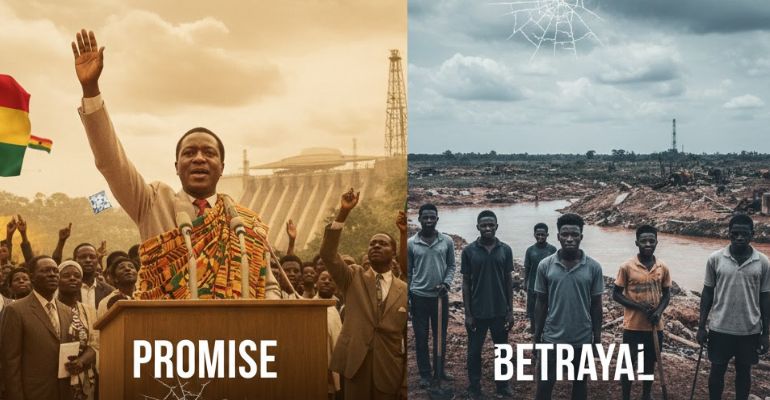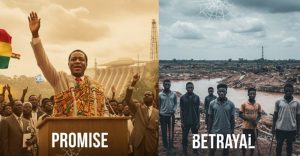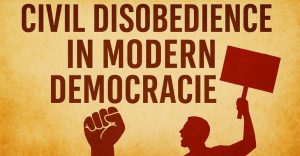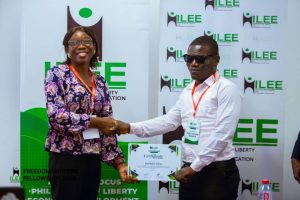
By Osei Opare Asante
Ghana holds a unique place in African history as the first sub-Saharan nation to achieve independence in 1957 under the leadership of Dr. Kwame Nkrumah. More than a political victory, independence symbolized dignity, self-reliance, and the possibility of charting a new course; free from colonial exploitation. Ghana was imagined as the beacon of African freedom- a mother of great ambition, and vision. Whose future promised both prosperity and leadership for the continent.
Nkrumah’s dream was for a self-sufficient nation, one capable of utilizing its abundant resources gold, diamond, bauxite, fertile forests, and later oil for the benefit of its citizens. His vision of Pan-Africanism and economic independence sought to establish Ghana not just as a nation-state but as the foundation for a continental renaissance. In the early years, this optimism seemed attainable, for Ghana possessed both natural wealth and an inspired citizenry.
But, the decades that followed independence revealed a harsher reality. Despite vast resources, Ghana has struggled to fulfill its potential. Economic dependency, political instability, and mismanagement have hindered progress. Rather than standing tall in self-sufficiency, the nation often finds itself appealing for aid, an image contrary to the bold independence Nkrumah envisioned.
A central cause of this decline lies in governance. Successive leadership has too often been marked by corruption, greed, and short-sighted policies. Instead of safeguarding national wealth for development, resources have been concentrated in the hands of a few, leaving the majority of citizens in poverty. The youths, who should embody the hope of the future, are confronted instead with unemployment, uncertainty, and disillusionment.
Equally troubling is the ecological devastation. Ghana’s rivers and water bodies, once pure and life-giving, have been poisoned by illegal mining activities (galamsey). Forests are depleted, and fertile land is left barren. The exploitation of natural resources has not led to shared prosperity, but rather to environmental collapse, and human suffering.
This state of affairs represents more than economic decline; it is a betrayal of Nkrumah’s vision. The dream of a prosperous, self-reliant, and morally upright Ghana has been repressed under the weight of corruption and poor leadership. What was meant to be a nation of dignity now faces the humiliation of dependency and environmental degradation.
Nevertheless, within this lament lies a call to action. Ghana’s future needs not remain bound to its current struggles. By embracing transparent governance, sustainable resource management, and visionary leadership, the nation can recover its lost potential. Nkrumah’s dream is not dead; it awaits a generation willing to rise with courage, wisdom, and integrity. Investing in education and innovation; diversifying the economy beyond raw resource exports and strengthening anti-corruption institutions.
Ghana’s story is therefore both a tragedy and a challenge. It is a reminder that freedom, once won, must be preserved through vigilance and responsibility. The tears of “Mother Ghana” symbolize not only sorrow but also the enduring possibility of renewal.
Osei Opare Asante is a Fellow of the Institute for Liberty and Economic Education (ILEE) and an alumnus of the 2025 ILEE Freedom Writers Fellowship. He can be contacted via mobile at 0247248515 / 0205082569 or by email at aoseiopare91@gmail.com.






One Response
Great write up